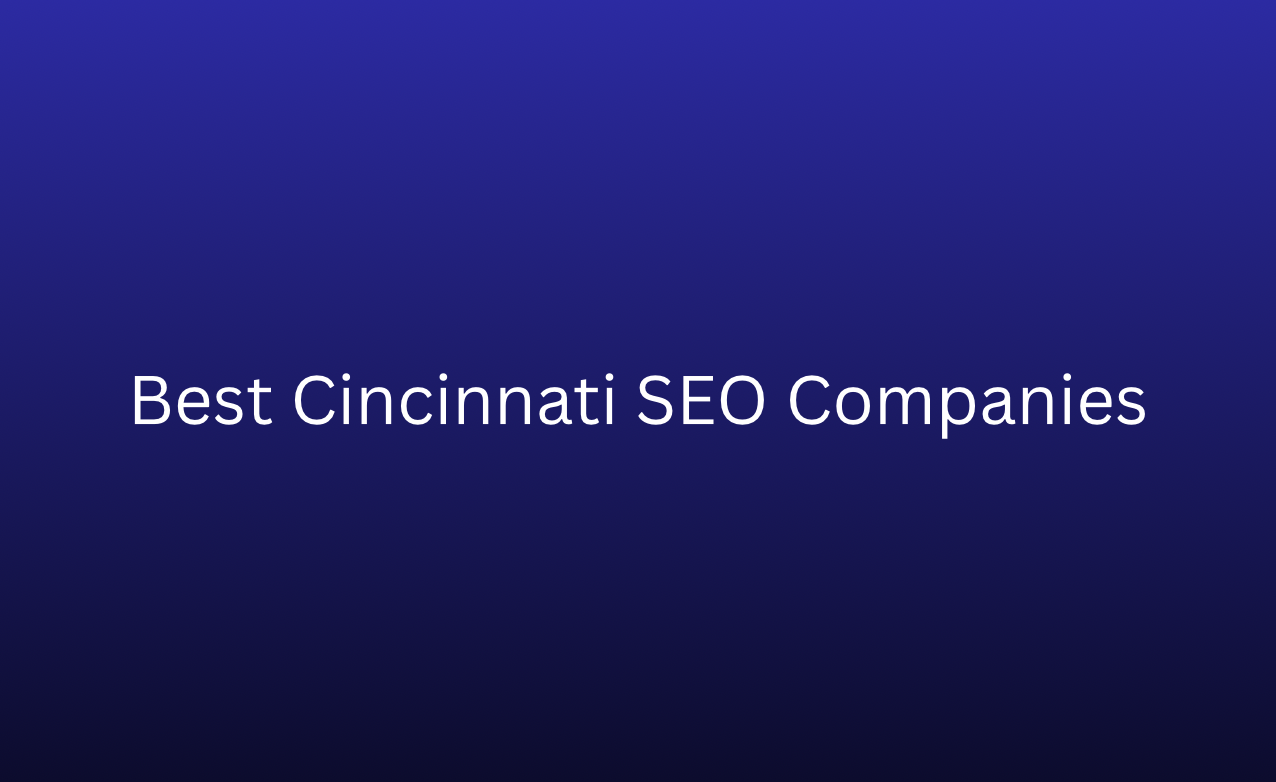
At Manchester Digital, we like to interview our members to find out a bit more about what they do and their work in the Greater Manchester digital and technology sphere. This week we're speaking with Head of Marketing, Jonny Taylor from Bring Digital.
First of all, for those who don't know, can you briefly explain Bring Digital?
Bring Digital is a multi-award-winning digital agency specialising in SEO, Paid Media and Affiliate marketing for leading eCommerce brands.
Founded in 2012, Bring Digital has proliferated into one of the country's most prestigious agency brands. We recently won "Large Digital Agency of the Year" and "SEO Agency of the Year" at the 2023 UK Agency Awards, and we've just been shortlisted in six more categories at the Northern Digital Awards 2024.
In the summer, Bring Digital became part of the Dark Matter Commerce group, a collective of agencies focused on transforming eCommerce in the UK and beyond.
You've had impressive growth and an acquisition. What's your vision for the future as you continue to scale?
Right now, we're one of the leading digital agencies in Manchester — but we want to be far more than that. Our mission is to become the UK's number one consideration for eCommerce brands. We want to be the agency that online retailers turn to when they have a complex problem that only experts can solve.
The road to achieving that vision is a challenging one. Thankfully, we've got an award-winning team with the skills to achieve it.
And it's a team that's growing, too. We recently hired 13 more digital experts to achieve two things: firstly, to cater for our rapidly growing client base, and secondly, to help us grow our new business development and strategy functions. We're primed to evolve Bring Digital into a bigger, better agency than ever before.
As an innovator in leveraging AI for eCommerce, what best practices have you learned that could help other agencies looking to adopt these technologies?
Like many agencies, we're leveraging generative AI to streamline our work. But AI used correctly doesn't just save time: it creates the time you need to do the work that matters with the attention it deserves. That's our goal.
One of our key uses of AI is automating basic data analysis. Streamlining both the collection of data and the execution of time-consuming data tasks (like combining data sets) gives us more time to deliver results for our clients rather than being lost in basic reporting tasks.
For eCommerce brands, AI-led insights are a game-changer. eCommerce is a sector where scale and speed are always the top priorities, but the trade-off is a lack of control. The many contradictions and obscurities in large or blended data sets massively slow down the process for teams whose time is already at a premium. With our custom AI integrations, we help our clients get straight to what matters: making the right decisions.
Ultimately, the proliferation of AI is steering the conversation away from matters of quantity and instead towards the question of quality. Our job as an agency is to tell our clients what activity is of the most value to them rather than what can be done at the most impressive scale or pace.
For brands looking to improve integrations and adopt GA4, what advice would you offer around avoiding pitfalls?
We've advised all of our clients in their transition to GA4. In that time, we've seen plenty of issues crop up, which we've thankfully been able to resolve and learn from.
One of the most common issues we see is teams using automatic migration. It sounds good in theory, but GA4 is a different animal to Universal Analytics. It uses a different data model. Automatic migration means that you're not going to get the most out of GA4 because its newest features require optimised data architecture. Investing time in a more manual migration allows you to better understand the variance between the two platforms. Crucially, it'll let you see the impact of GA4's different sampling thresholds on your reports so you can adjust your insights accordingly.
Another common pitfall is failing to define a data retention period. By default, GA4 keeps data for two months, but you can extend it to 14 months. This rule applies to custom reports in explorations, while standard reports keep data forever. If you don't change this setting when setting up GA4, your data will be deleted automatically after the retention period. You won't be able to run Year-over-Year custom reports, and you'll lose valuable historical data.
Switching to GA4 has been a seismic change for many eCommerce clients. We've navigated that best by looking beyond the scope of Google Analytics itself; we offer audits of all types across our clients' entire profile or third- and first-party data sources to ensure the funnel is watertight.
Right now, GA4 is massively underutilised because so many people are struggling to adjust to the new user experience. Our team invested a lot of time and learning to make navigating it second nature so that we can answer any questions our clients might have about it.
What emerging eCommerce trends and innovations are you most excited about as we look ahead to 2024?
AI-assisted personalisation is going to change the game in eCommerce. Users are increasingly expecting tailored experiences; mass marketing is giving way to the rise of micro experiences. In that world, embracing AI becomes essential for the smaller disruptors with small marketing teams and the industry giants who seek to stay ahead of the curve.
Google's evolving product mix is another opportunity we're excited about in 2024. Over the last year, our PPC team has adapted by testing new campaign types to refine our own "best practice" approach in an increasingly automated bidding environment. We've learned how to balance control with scalability to step into the new year with a renewed focus on combining account structure with first-party audience data. We're also working on improved server-integrated solutions to underpin our 2024 with enhanced business data.
The increasing prevalence of social purchasing means those tailored experiences start offsite. From a tracking perspective, it becomes tough to measure ROI at scale without the help of AI. We're helping spearhead those integrations to bring brands into a future where attribution is more channel-agnostic than ever before.
Where do you see the biggest opportunities to contribute more thought leadership and engage with our community moving forward?
One of the best opportunities for us to contribute thought leadership is investing more time into industry-wide discussions about the increasingly complex market with which eCommerce brands are faced. That's why we plan to level up our engagement with the wider business community in Manchester and beyond in the next twelve months.
We have a healthy pipeline now of upcoming events that we're attending or speaking at, and in the near future, we plan on running a few of our own. We also have partners who can help us bring our original data and insights to market, including in-depth studies that could change our understanding of those emerging eCommerce trends.
We want to be involved in the conversations driving our industry forward; we have the people and know-how to be that change. All it takes is asking the right questions!
Thank you Jonny!
To find out more about Bring Digital click here.








